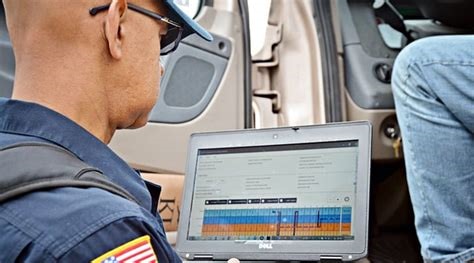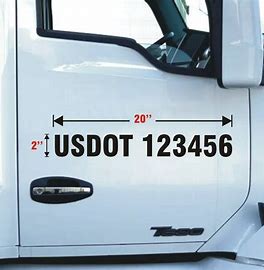
The Federal Motor Carrier Safety Administration (FMCSA) has introduced a new violation under the Compliance, Safety, Accountability (CSA) program. This addition emphasizes the critical importance of Electronic Logging Device (ELD) data transfer knowledge for commercial drivers. Effective immediately, drivers who fail to properly transfer ELD data during roadside inspections may incur a significant violation, impacting their carrier’s CSA scores.
Electronic Logging Devices have been mandatory for most commercial drivers since December 2017, aimed at improving road safety by ensuring adherence to hours-of-service regulations. While ELDs automate logging tasks, the responsibility of transferring this data to enforcement officers during inspections remains with the driver. The new violation underscores the need for drivers to be proficient in this process.
Understanding how to transfer ELD data can prevent unnecessary violations and maintain a positive CSA score, which is crucial for both drivers and carriers. The process typically involves one of several methods: email, web services, or local transfer using Bluetooth or USB. Each ELD system has its specific procedures, so familiarity with the device’s user manual and training on its operation are essential.
Enforcement officers are trained to guide drivers through the data transfer process. However, the onus remains on the driver to perform the task efficiently. A failure to transfer ELD data successfully can result in a “No Data Transfer” violation, which is categorized under CSA’s Hours-of-Service Compliance BASICs (Behavior Analysis and Safety Improvement Categories). This could lead to points added to the driver’s CSA score, potentially affecting their employability and the carrier’s operational authority.
To avoid such violations, carriers should provide regular training sessions for their drivers, ensuring they are comfortable and adept at handling ELD data transfers. Additionally, routine checks and mock inspections can be beneficial in preparing drivers for real-world scenarios.
In conclusion, the new CSA violation highlights the necessity for drivers to be knowledgeable and prepared for ELD data transfers during inspections. Proactive measures, including comprehensive training and practice, can help prevent these violations, ensuring smoother operations and enhanced safety on the roads.







